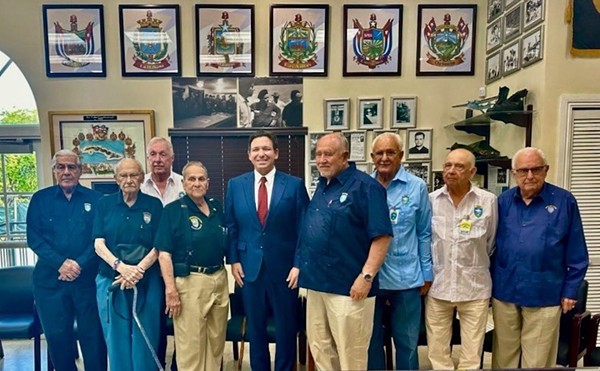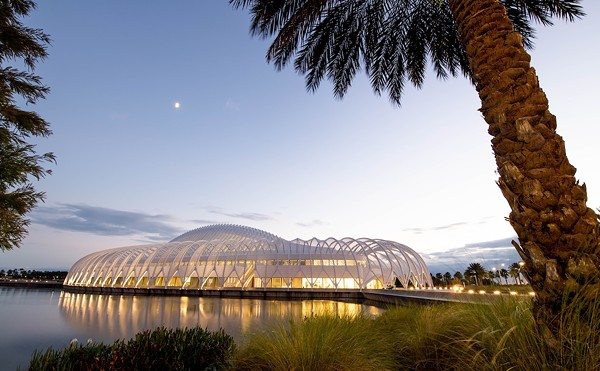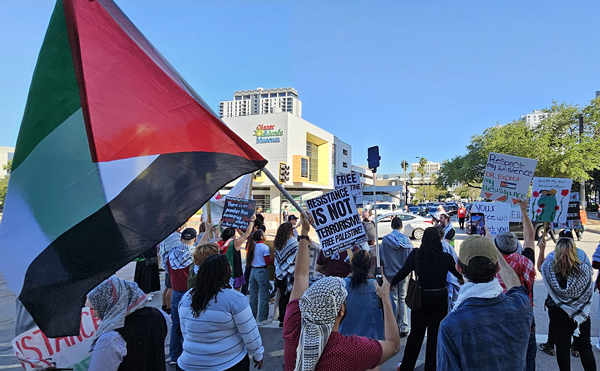Since 1975, we have slowly but surely been shifting out of the Industrial/Consumer economy to a Knowledge/Service economy. From 1975-2008, we were in Knowledge/Service 1.0 as production was outsourced throughout the globe, and we put our attention into increasing technology and knowledge expansion here at home. Knowledge/Service 1.0 saw the first wave of transition sending blue-collar jobs overseas and now the white-collar jobs attached to these production industries are going too. Less obvious however was the emergence of the new industries of the Knowledge/Service economy: medicine, education, finance, technology, arts, entertainment, and other quality of life industries that support optimal human life. 70% of our economy remained tied to the Industrial/Consumer economy while only 30% was part of Knowledge/Service 1.0.
As we sit in the Great Recession of 2008, we are faced with the stark reality that we will not be able to consume our way out of this recession. A jobless recovery is now predicted and this makes sense because many of the industries that provided jobs are no longer thriving. This time, a myriad of forces have come together to push us onward. As chaotic as this now seems, if we will embrace it, we’ll discover we’re about to enter the most vibrant economy ever! While yet to be determined, it is possible that a complete flip will occur and within the next 10 years, 70% of work will be found in Knowledge/Service industries while just 30% remain in the Industrial/consumer sector.


















